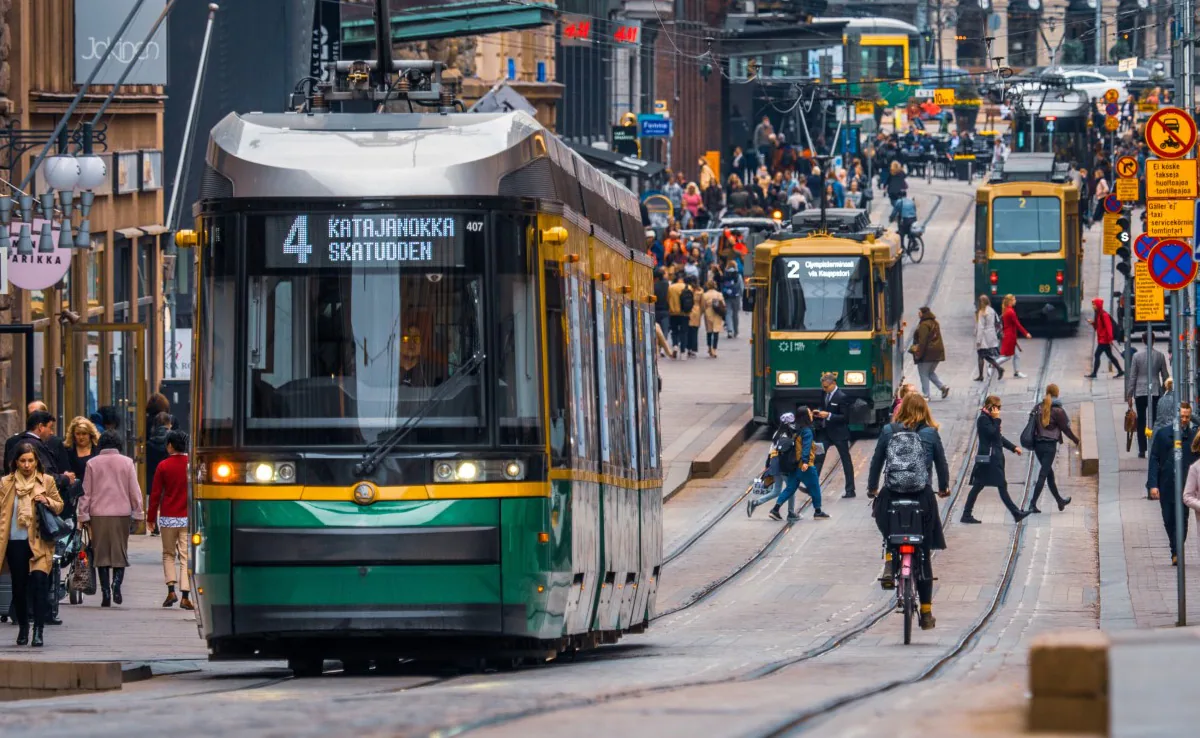Finland remained the world’s happiest country for a seventh straight year.
Behold, The Globe’s Cheerful Havens of 2024
In a surprising twist from over a decade of tradition, the United States and Germany found themselves excluded from the top 20 happiest nations, securing spots at 23rd and 24th respectively. World NewsAgence France-PresseUpdated: March 20, 2024 6:10 am IST These Are The World’s Happiest Countries In 2024 Finland, for the seventh consecutive year, retained its title as the planet’s happiest abode.
Helsinki: For the seventh consecutive year, Finland stood tall as the world’s happiest dwelling, as declared in the yearly UN-sponsored World Happiness Report unveiled on Wednesday. India maintained its position at 126, mirroring last year, in the joy index. The Nordic realms continued their reign among the top 10 most jovial, with Denmark, Iceland, and Sweden following closely behind Finland.
Amidst a backdrop of a humanitarian crisis following the resurgence of the Taliban in 2020, Afghanistan remained entrenched at the bottom of the list of 143 surveyed nations.
For the initial instance since its inception over a decade ago, the United States and Germany found themselves ousted from the top 20 happiest nations, securing ranks at 23rd and 24th correspondingly.
Conversely, Costa Rica and Kuwait made their debut in the top 20, clinching positions at 12th and 13th.
The report underscored the absence of the world’s largest nations among the happiest.
“Among the top 10 nations, only the Netherlands and Australia boast populations exceeding 15 million. Within the top 20, only Canada and the UK have populations exceeding 30 million.”
The most significant happiness decline since 2006-10 was observed in Afghanistan, Lebanon, and Jordan, while Serbia, Bulgaria, and Latvia in Eastern Europe recorded the most substantial upswings.
The happiness ranking hinges on individuals’ self-assessed evaluations of life contentment, alongside GDP per capita, social support, healthy lifespan, liberty, benevolence, and corruption.
Escalating Disparity –
Jennifer De Paola, a happiness scholar at the University of Helsinki in Finland, revealed to AFP that the Finns’ intimate connection with nature and harmonious work-life equilibrium were pivotal in their contentment.
Moreover, she highlighted the Finns’ possibly more attainable notion of a fulfilling life, juxtaposed with countries like the United States, where prosperity is often synonymous with monetary gain.
The sturdy welfare infrastructure, trust in governmental entities, minimal corruption levels, and provision of cost-free healthcare and education in Finland were also cited as significant contributors.
“Finnish society is imbued with trust, autonomy, and a sense of freedom,” De Paola remarked.
This year’s report additionally discerned that younger cohorts across most global regions exhibited greater happiness compared to their elder counterparts – though exceptions exist.
In North America, Australia, and New Zealand, happiness among individuals under 30 has markedly dwindled since 2006-10, with older demographics reporting higher contentment levels.
Conversely, Central and Eastern Europe saw a substantial surge in happiness across all age brackets during the same period, while Western Europe witnessed uniform happiness levels across all age demographics.
Happiness disparity escalated across all regions except Europe, a trend the authors deemed concerning.
The surge was particularly conspicuous among the elderly and in Sub-Saharan Africa, indicative of disparities in income, education, healthcare, societal acceptance, trust, and the presence of supportive social environments at familial, communal, and national levels, the authors expounded.
#HappinessReport #GlobalHappiness #FinlandOnTop #HappinessTrends #SocialWellbeing
